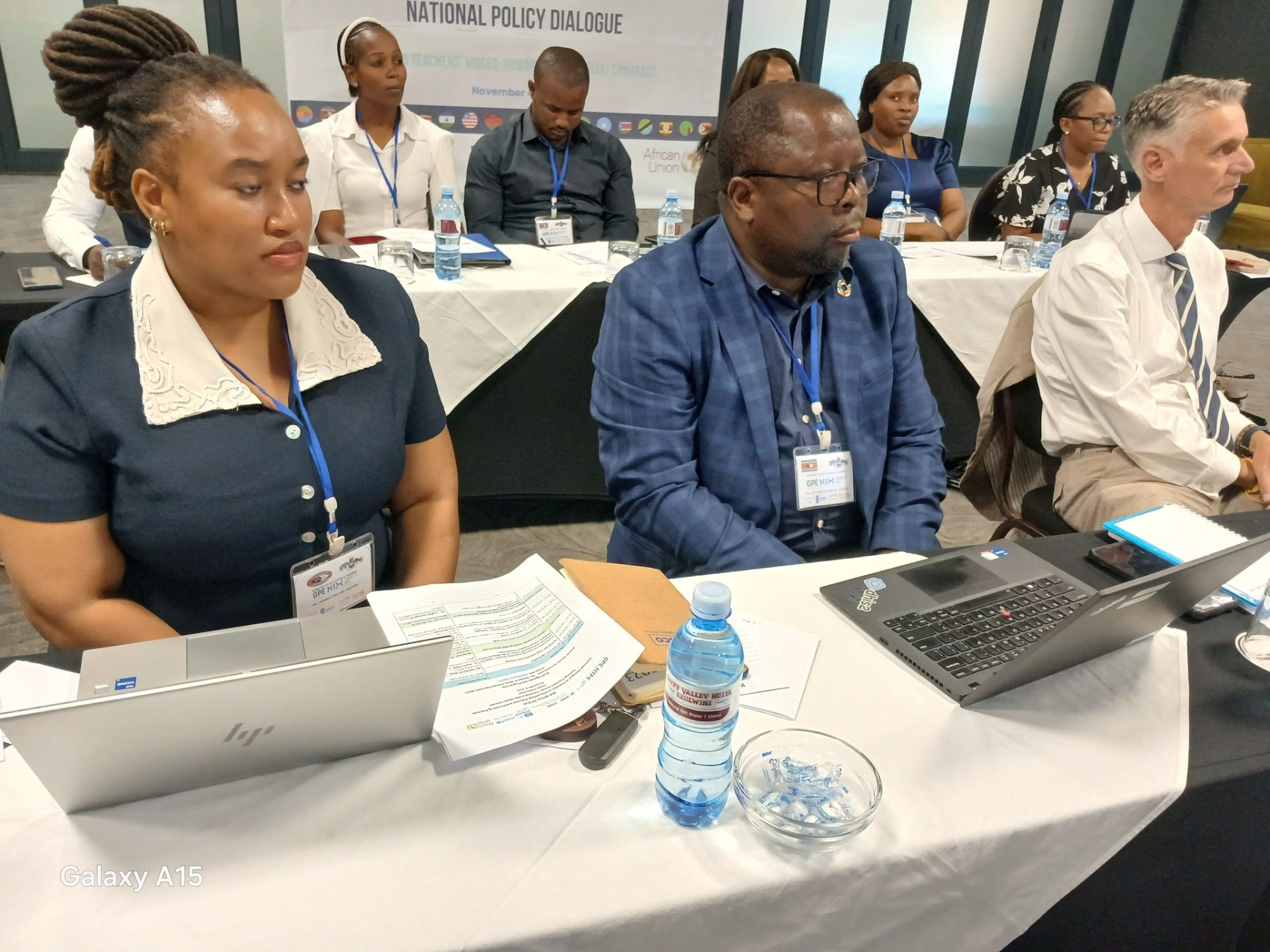by Ncaba Ntshakala
The Kingdom of Eswatini is making significant strides toward a data-driven education system, which is a commitment highlighted by the recent Knowledge and Innovation Exchange (KIX) National Dialogue.
Hosted in collaboration with UNESCO, UNICEF, and other key partners, the event was said to express Eswatini’s dedication to using data and research as foundational tools for education reform.
Acting Principal Secretary Naniki Mnisi, who represented the Minister for Education and Training Owen Nxumalo, emphasized the importance of accurate data in bridging gaps within the education sector, enabling tailored solutions, and monitoring progress.
“The collection, analysis, and utilization of reliable, up-to-date data are critical to understanding the realities of our education system,” Mnisi stated.
RELATED: Eswatini’s 5% GDP education investment applauded by UNICEF
Data-driven decision-making, she noted, provides clarity for monitoring attendance, evaluating teacher performance, and assessing the effectiveness of policies.
Recently, the Ministry conducted its first monitoring and evaluation of the multi-year action plan, a pivotal exercise in aligning strategies with actual needs and tracking progress over time.
The KIX initiative is part of a broader effort by the Global Partnership for Education (GPE) and the International Development Research Centre (IDRC) and it seeks to enhance educational systems across partner nations by exchanging insights, evidence, and innovations.

This platform encourages cooperation among education professionals, researchers, and policymakers to advance Sustainable Development Goal 4, which aims to ensure inclusive and equitable quality education for all.
Mnisi emphasized that data-centric policies enhance an efficient use of resources and ensure that interventions are directly targeted to benefit learners.
In alignment with this year’s education sector theme, “Valuing Teachers’ Voices within the New Social Contract for Education,” she advocated for an education system responsive to societal needs, empowering citizens to innovate, adapt, and thrive in changing environments.
RELATED: Breastfeeding is the best investment for every country
“For our vision to materialize, we must ensure that our education system is founded on solid evidence and informed policies,” Mnisi added.
The dialogue highlighted that data must be integrated across the decision-making process to enable the Ministry to understand learners’ needs, track progress, and remain accountable for educational outcomes.
Mnisi urged all stakeholders, policymakers, researchers, educators, and citizens to embrace data as an empowering tool, essential for shaping Eswatini’s education system and strengthening a resilient, globally connected society.


